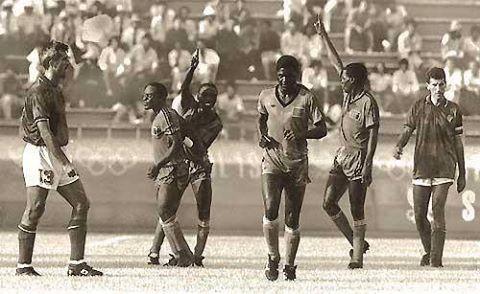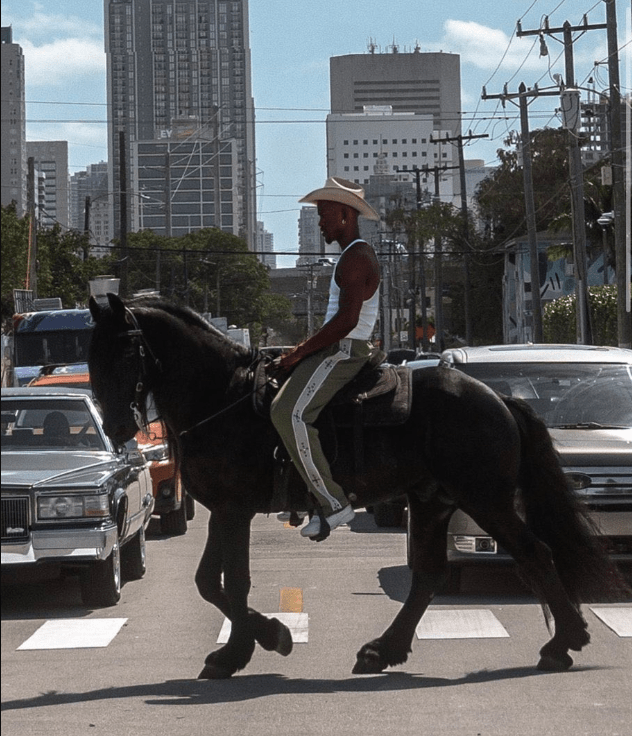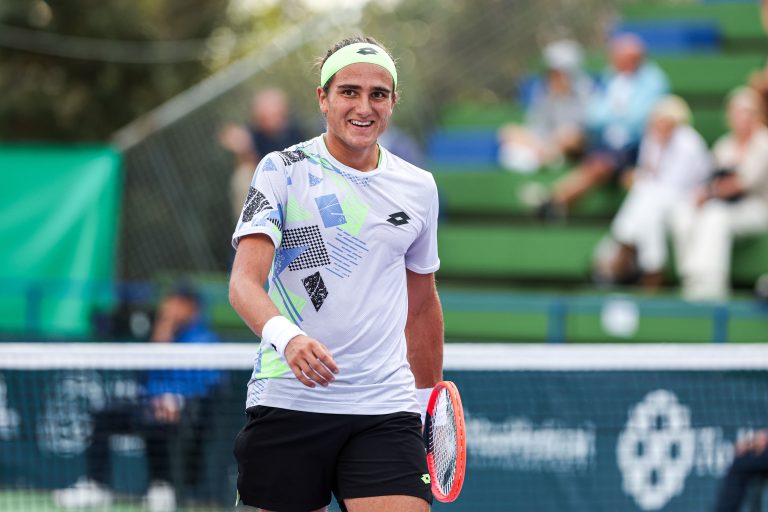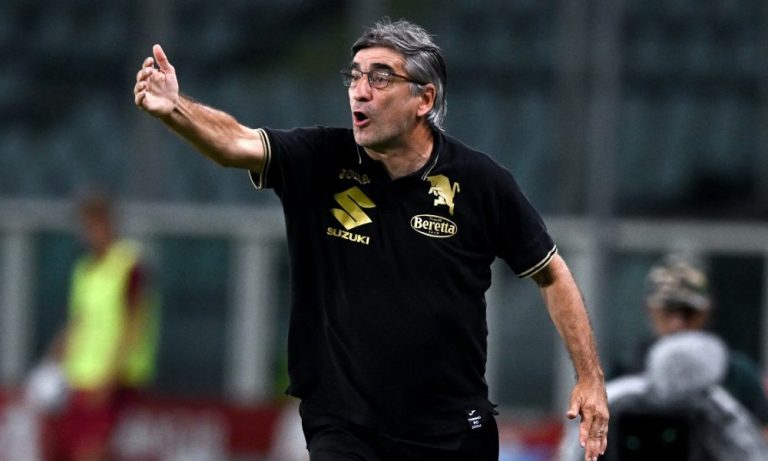
The Africa Cup It is considered disruptive by European enthusiasts. This has been emphasized over the years by many Italian presidents, who have strongly contested its placement on the calendar. However, Africa is not a continent, it is a state of mind and when a state of mind meets football only a great story can emerge, a story of determination, soul and destiny. Our story begins in 1988, in one of the most geographically and culturally distant places from Africa: South Korea. This year Asians hosted the Olympics. This edition’s football tournament is very competitive, featuring some excellent national teams such as Romario’s Brazil or Klismann’s Germany. One step further down: Italy, which does not have an outstanding champion, but has an excellent team, and the USSR, which is one of the favorites of the tournament without great technology but with great planning. Italy ends up in a seemingly easy group with Iraq, Zambia and Guatemala. The start seemed to prove the experts right and on the first day the Azzurri beat the Central Americans 5-2, while Iraq-Zambia ended with a pyrotechnic 2-2. The Africans showed some good signs but nothing to worry the Azzurri. On the second day the unthinkable happened: Zambia exploded the blue certainties with a decisive 4-0 to zero. Paradoxically, it is not the result that impresses, but the performance; the Africans look like loose cannons wandering around the pitch. The Africans apply crushing pressure and run, run and again. The boys in the orange jerseys rack up the kilometers and on a good day they have a striker in front of them who scores a hat-trick: Kulusha Bwalya. Zambia presents itself to the world as it did to Cameroon and Algeria a few years before, surprising everyone by winning the group. Zambia meets Germany in the quarter-finals, but the Germans are too much even for the Chipolopolo (copper bullets), who lose 4-0. A very good foundation has been laid, the team is very young and with the addition of more experienced elements it can only grow, plus they have Kulusha Bwalya in the team.
The tragedy
This team could aim to qualify for the 1994 World Cup in the USA, but fate intervened the previous year.
This is 1993 and the team has reached full maturity. Zambia is first in the qualifying group and has to face Senegal. With a win they would qualify for the World Cup. However, Zambia will never play the game. After the stop in Gabon, the engine of the plane carrying the players actually caught fire and a few moments later the plane crashed into the sea off the coast of Libreville. The pilot error is one of those that cost a lot of money and 30 people die in the crash, including all 18 members of the national team.
There is nothing to be done, once again fate wanted to rage against Africa. Only one hope remains: Kulusha Bwalya. The PSV player was not on the plane as he was busy with a club game and would have joined his teammates in Senegal that same day.
Bwalya gets to work with the association; within a month, a national team must be rebuilt to compete against Morocco. There are hopes of qualification, a draw is enough to progress, the job is done and Bwalya takes the team on his shoulders, but that’s not enough: Zambia loses 0-1 and says goodbye to the World Cup.
At this moment the second element of the story comes into play: determination. The national team, rebuilt from scratch, is not bad, on the contrary, it achieves excellent results such as second and third place at the 1994-1996 African Cup, but does not win and seems to be haunted by a curse. Kulusha is trying by all means to break him, but nothing, he only achieves personal successes like in 2003, when he made 100 appearances and 50 goals for the national team.
That’s not all, he wants to win something for his country and after the end of his career he accepts the federation’s proposal: he will be the coach who will lead Zambia to the final stages of the 2006 Africa Cup of Nations.
The 2012 Africa Cup of Nations
In his opinion, the team must be very young, just like he did in 1988. There is an African proverb that says: “The young run, but the old know the way”, so the performances are mixed and the team is immediately eliminated from the groups.
As soon as the demonstration is over, Bwalya steps down, but he knows he has sown well, it is only a matter of time. The team is talented and has the desire to represent the country and win. The years go by and the results grow and at the 2012 Africa Cup of Nations a large part of the squad consists of the same elements as Bwalya’s team.
The competition was a winning one right up to the final: the group finished in first place without defeat, Sudan were beaten 3-0 in the quarter-finals and they reached the final by beating super-favourites Ghana 1-0.
In the last game, Zambia will have to deal with the very strong Ivory Coast players Yaya Tourè and Didier Drogba. The result is an exciting, unexciting game that drags on to penalties, and this is where the third element of the story manifests itself: soul. The series of penalties is endless, there are 17 of them, before Gervinho makes a mistake and hands the trophy to the Chipolopolo. After 18 penalties, Zambia wins the Africa Cup of Nations for the first time.
However, it is not the most important thing. The final will be held in Gabon, directly in Libreville.
It is as if Africa, with its historical animism, wanted to give something back to Zambia, the very country that had taken everything from it.
A story of determination, soul and destiny, it was said. An African story.
2012 Africa Cup of Nations – Wikipedia






